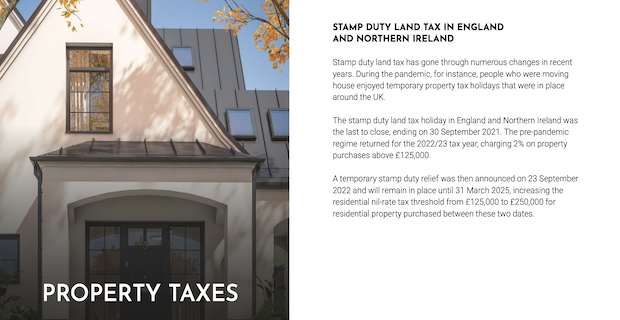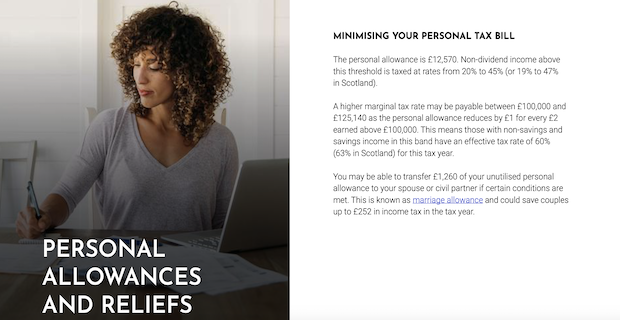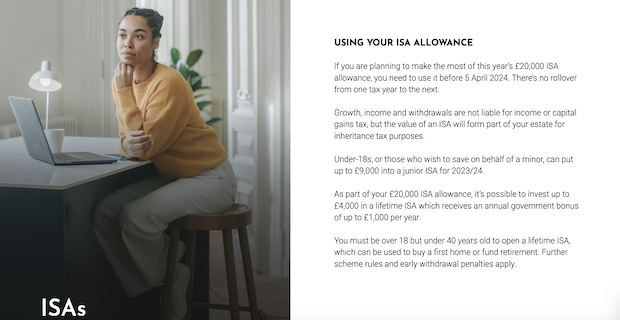This past year has been marked by ongoing efforts to recover from the economic impact of the global pandemic. Inflation has emerged as a significant concern, influenced by persistent disruptions in the supply chain and geopolitical tensions. To address these economic challenges, the Government has adjusted tax policies to balance revenue generation with support for businesses and individuals. The regulatory environment has experienced continuous flux, requiring businesses and individuals to be adaptable in order to stay compliant.
The Chancellor of the Exchequer, Jeremy Hunt, presented his 2023 Autumn Statement to Parliament on 22 November 2023, publishing the supporting documents, while the Office for Budget Responsibility (OBR) published updated forecasts for the UK’s economic and fiscal outlook.

The Chancellor said the Autumn Statement set out “growth measures to back British business” and “measures to make work pay”, two themes we expect to see revisited in the Spring Statement.So, as we conclude the tax year, we look ahead with anticipation for potential future reforms. This highlights the importance of adaptability and resilience in tax planning and navigating the fiscal landscape.With that in mind, we crafted this year-end tax guide to provide you with insights, enabling you to start the new tax year on solid ground. In this guide, you’ll find succinct summaries of the primary tax reliefs and allowances applicable for the remaining months of 2023/24.
Each section is accompanied by a set of planning points, serving as a practical checklist to help you consider all essential areas.If you have any questions or want to delve deeper into your tax planning, please reach out to us. We’re here to assist you in navigating the financial year.

PERSONAL ALLOWANCES AND RELIEFS
Minimising your personal tax bill.
ISAs
Using your ISA allowance.
PENSION CONTRIBUTIONS
Saving for retirement.
INHERITANCE TAX
Planning for the future.
PROPERTY TAXES
Taxes related to your property.
CAPITAL GAINS TAX
Rules, exemptions and allowances.
BUSINESS ASSET DISPOSAL RELIEF
YEAR-END TAX GUIDE 2023/24
CGT when selling your business.
NON-DOMICILED TAX
Tax and your domicile status.
TAX-EFFICIENT STAFF BENEFITS
Tax saving tips for businesses.
CORPORATION TAX
Understanding the changes.
VAT
Navigating the VAT system.
PENALTIES
The cost of non-compliance.

The way in which tax charges (or tax relief, as appropriate) are applied depends on individual circumstances and may be subject to future change. ISA and pension eligibility depend on individual circumstances. FCA regulation applies to certain regulated activities, products and services, but does not necessarily apply to all tax-planning activities and services. This document is solely for information purposes and nothing in it is intended to constitute advice or a recommendation. While considerable care has been taken to ensure the information contained in this document is accurate and up-to-date, no warranty is given as to the accuracy or completeness of any information.

Get in touch for tax-planning advice
020 8886 9222
293 Green Lanes, London, N13 4XS


 Prime Minister Keir Starmer's 2025 Easter message
Prime Minister Keir Starmer's 2025 Easter message After Nesil Caliskan a by-election will be held in Jubilee ward in Enfield
After Nesil Caliskan a by-election will be held in Jubilee ward in Enfield Publishing the analysis, Labour’s Cllr Ergin Erbil said Everybody in Enfield deserves basic rights
Publishing the analysis, Labour’s Cllr Ergin Erbil said Everybody in Enfield deserves basic rights Gaza-Israel conflict Statement from Cllr Ergin Erbil, Leader of Enfield Council
Gaza-Israel conflict Statement from Cllr Ergin Erbil, Leader of Enfield Council The European Union called on Turkey to uphold democratic values
The European Union called on Turkey to uphold democratic values Turkish citizens in London said Rights, Law, Justice
Turkish citizens in London said Rights, Law, Justice The Council of Turkish Cypriot Associations Geneva response letter
The Council of Turkish Cypriot Associations Geneva response letter Sustainable Development and ESG, Will This Become the Course for Turkic World
Sustainable Development and ESG, Will This Become the Course for Turkic World The 'Prince of Paris' has impressed in his first EuroLeague season
The 'Prince of Paris' has impressed in his first EuroLeague season Saran Media And Euroleague Basketball Extend Media Rights Partnership for Four More Years
Saran Media And Euroleague Basketball Extend Media Rights Partnership for Four More Years Will Rangers be Jose Mourinho’s next victim?
Will Rangers be Jose Mourinho’s next victim? Jose Mourinho's Fenerbahce face Rangers on Thursday
Jose Mourinho's Fenerbahce face Rangers on Thursday Barclays has become the biggest UK lender so far to cut mortgage rates
Barclays has become the biggest UK lender so far to cut mortgage rates THE SPRING STATEMENT EXPLAINED, UK ECONOMIC OUTLOOK AND GROWTH FORECASTS
THE SPRING STATEMENT EXPLAINED, UK ECONOMIC OUTLOOK AND GROWTH FORECASTS Launch of Made in Enfield gift shop to celebrate local artists and designers
Launch of Made in Enfield gift shop to celebrate local artists and designers Trial used smart Wi-Fi sensors for live building occupancy data to optimise
Trial used smart Wi-Fi sensors for live building occupancy data to optimise















